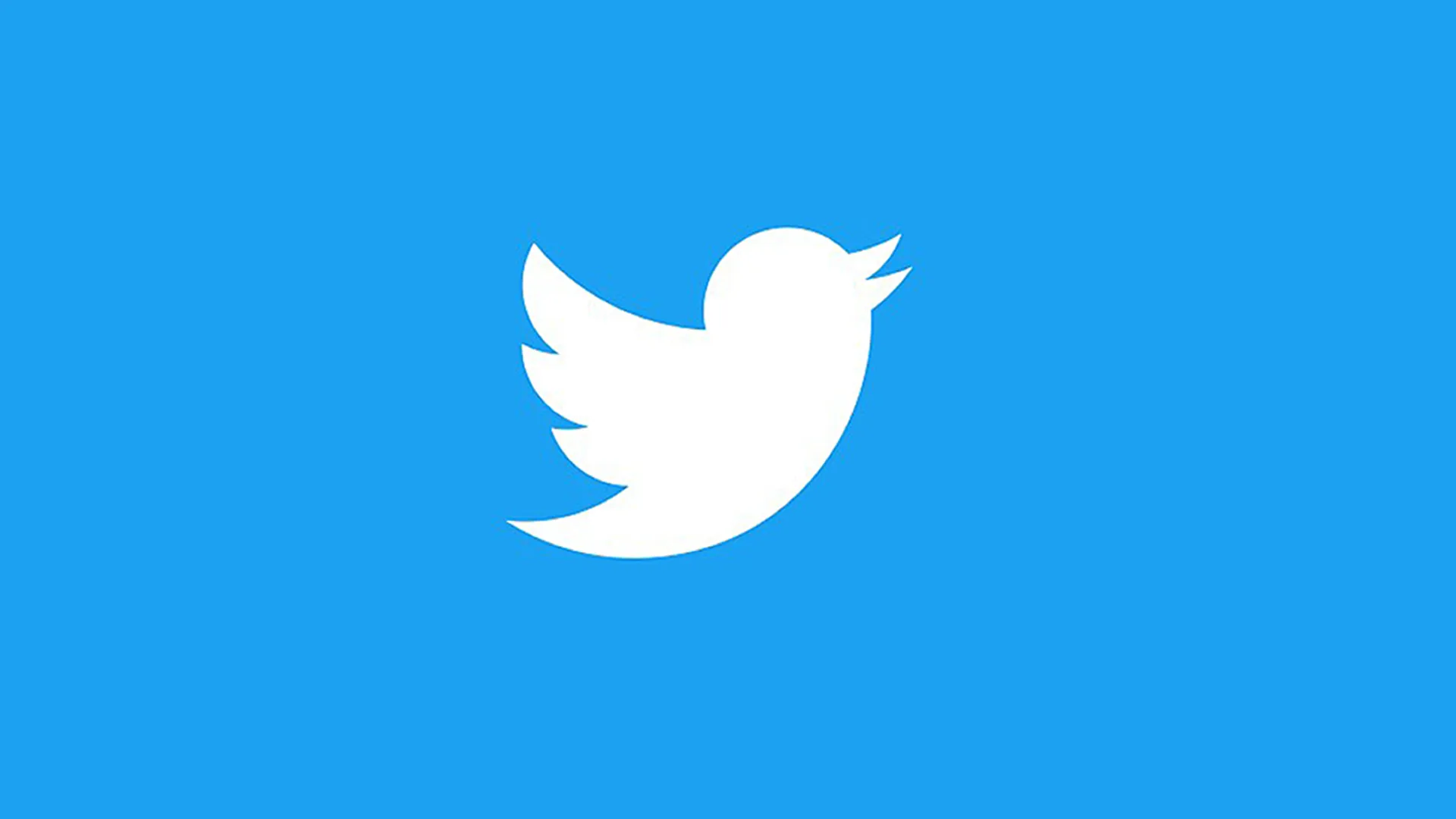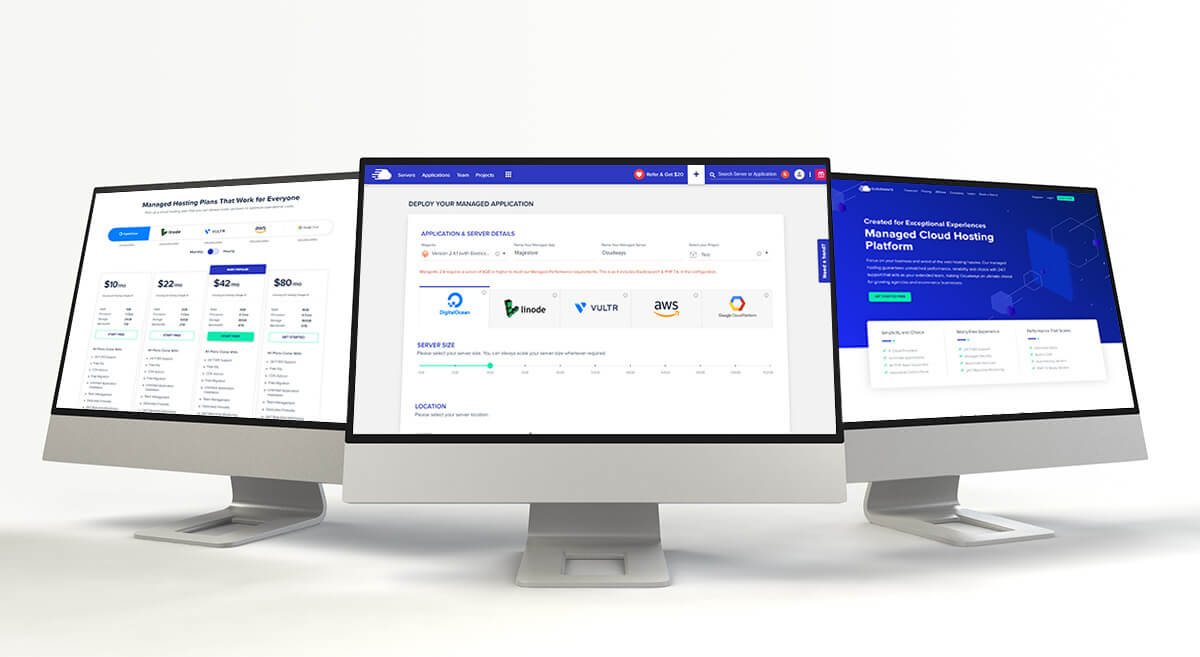Introduction
Elon Musk, the enigmatic entrepreneur known for his audacious ventures into space travel, electric vehicles, and renewable energy solutions, has yet again captured the spotlight. This time, however, his focus is not on rockets or batteries, but on a seemingly innocuous social media platform: Twitter. The news of Elon Musk changing the Twitter logo has set the internet abuzz, sparking discussions about the significance of this move and its implications for the world of branding, innovation, and personal branding. In this blog, we delve into the intriguing story behind Elon Musk’s decision to change the Twitter logo and its potential impact on the digital landscape.
The Power of Personal Branding
Elon Musk is no stranger to the concept of personal branding. His name has become synonymous with innovation, risk-taking, and disruptive technologies. As the CEO of SpaceX, Tesla, Inc., Neuralink, and The Boring Company, Musk has cultivated an image of a visionary, unafraid to challenge norms and push the boundaries of what is possible. His personal brand carries immense influence, attracting a dedicated following of admirers who eagerly anticipate his next move.
Changing the Twitter Logo: A Bold Move
Amid his numerous accomplishments and ventures, changing a Twitter logo might seem like a trivial act for someone like Elon Musk. However, it’s precisely his penchant for the unexpected that has made this move significant. In a series of tweets, Musk playfully announced his intention to change the Twitter logo to a “twttr” design, reminiscent of the platform’s original logo. The move was met with a mixture of surprise, curiosity, and excitement from his followers.
The decision to change the logo can be viewed as a strategic move to align his personal brand with the innovative spirit of his ventures. It reinforces his reputation as a disruptor and a nonconformist, even in the realm of social media branding. By taking this step, Musk not only showcases his creative approach to personal branding but also sparks conversations that extend beyond the logo itself.
The Ripple Effect: Impact on Branding
Elon Musk’s influence extends far beyond his own endeavors; it ripples through the business world and beyond. His decision to change the Twitter logo raises questions about the impact of personal branding on corporate branding. In an age where leaders’ actions and personalities are closely intertwined with their companies, Musk’s logo change serves as a reminder of the interconnectedness of personal and corporate brands.
This move encourages other leaders and entrepreneurs to consider how their personal brands can align with their business identities. It prompts discussions about authenticity, innovation, and the role of social media in shaping public perception. The “twttr” logo may inspire other leaders to think creatively about their branding strategies, exploring unconventional ways to engage with their audiences and differentiate themselves in crowded markets.
The Social Media Landscape: Playground for Innovation
Elon Musk’s choice of Twitter as the canvas for his logo change underscores the dynamic nature of the social media landscape. Platforms like Twitter provide a playground for innovation, enabling individuals and businesses to experiment, engage, and connect with their audiences in novel ways. Musk’s logo change exemplifies how even well-established platforms can serve as vehicles for creativity and reinvention.
In a world where trends can spread like wildfire across social media, Musk’s logo change serves as a testament to the power of digital communication. It showcases how a single tweet from a high-profile figure can capture global attention and stimulate conversations on a massive scale. This phenomenon highlights the evolving nature of communication and its potential to drive cultural shifts and shape public discourse.
The Future of Personal Branding
Elon Musk’s decision to change the Twitter logo is not merely a fleeting act; it’s a manifestation of his ongoing commitment to innovation and pushing boundaries. As personal branding continues to evolve in the digital age, leaders and entrepreneurs may look to Musk’s example for inspiration. The logo change prompts reflection on how personal brands can evolve and adapt while staying true to their core values and visions.
In an era where authenticity and relatability are valued traits in leaders, personal branding takes on heightened importance. Musk’s logo change reinforces the idea that personal brands are not static; they are dynamic and subject to change, just like the individuals they represent. It encourages a forward-thinking approach to personal branding that embraces experimentation, creativity, and the unexpected.
Conclusion
Elon Musk’s decision to change the Twitter logo is a microcosm of his larger-than-life approach to innovation and branding. Beyond the logo itself, this move symbolizes the power of personal branding, the interconnectedness of personal and corporate identities, and the potential of social media as a catalyst for change. It challenges leaders and entrepreneurs to think beyond traditional branding norms and consider how their actions and choices can shape perceptions and narratives.
As the world watches and engages with Elon Musk’s playful twist on the Twitter logo, one thing is clear: the boundaries of branding continue to expand, and the digital landscape remains an open canvas for those willing to reimagine, reinvent, and redefine. In the realm of personal branding, the only constant is change, and Elon Musk’s logo alteration serves as a vivid reminder that even the smallest actions can ignite a ripple effect of innovation and dialogue.




